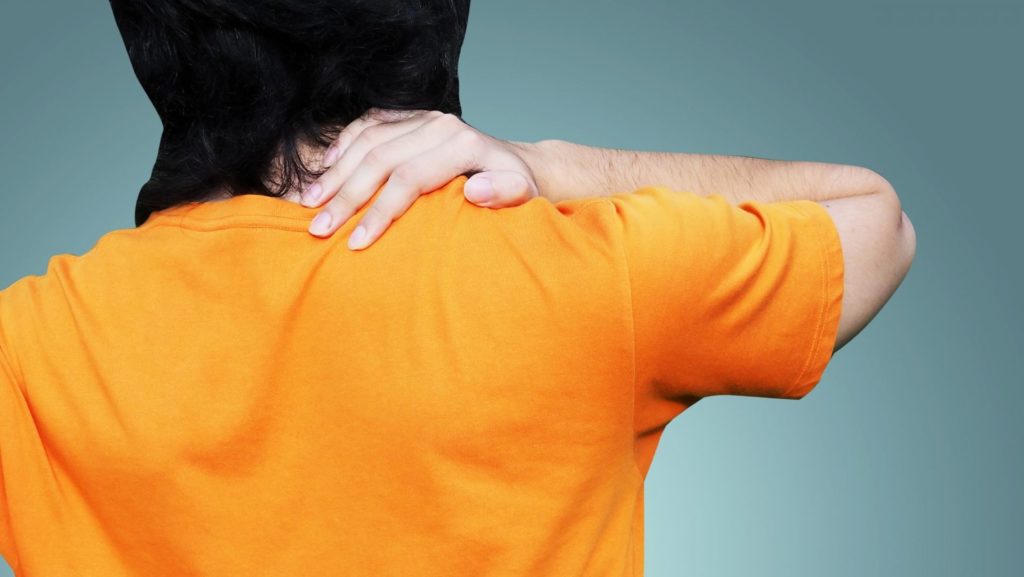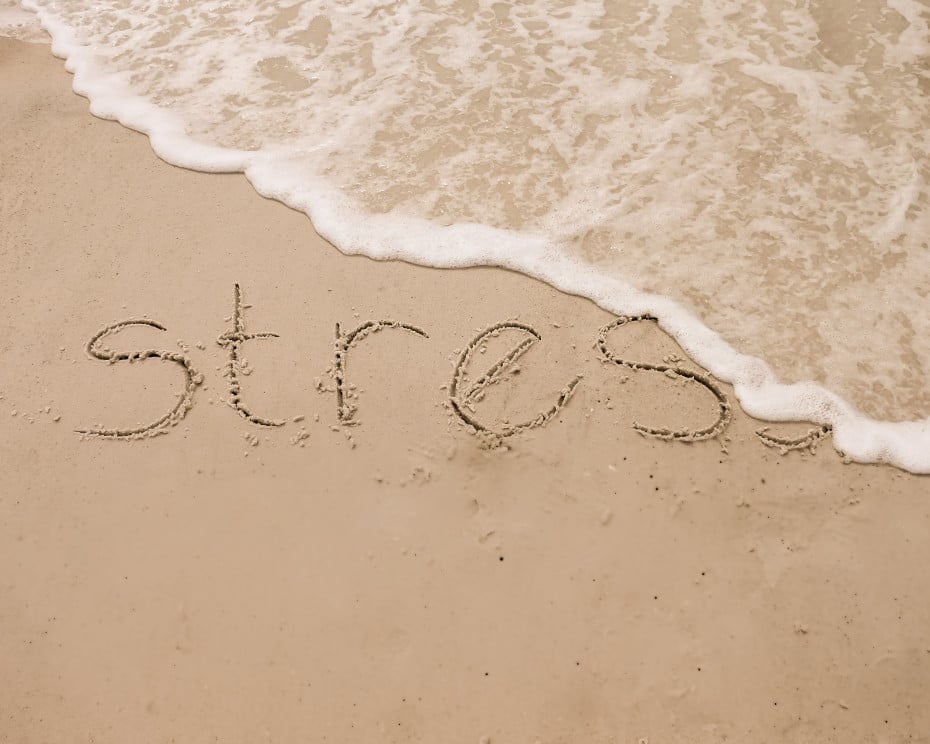How Medical Marijuana Can Help Against Anorexia
Anorexia means a lack or loss of appetite. It can be brought on by a variety of chronic conditions or result from taking certain medications. Often anorexia is associated with nausea, an unpleasant side effect of chemotherapy and antiviral medicines. Cancer and AIDS patients experience weight loss and the wasting away of muscle or tissue due to an increase in their metabolism and a decrease in calories in their diet. Anorexia nervosa is a psychological disorder associated with a lack of self-esteem, which results in self-inflicted, extreme weight loss, and is commonly resistant to treatment.
THC Has A Strong Association With Appetite Simulation
NOTE FOR FIRST TIME READERS: Cannabinoids – such as THC, CBD – and terpenes are the main medically active components in cannabis (aka marijuana). For more information on these components and much more about the plant, see our section on the Science of Cannabis.
Cannabinoids appear to regulate eating behavior in several ways within the brain and the intestinal system. THC may play a critical role in what is known as leptin pathways, which stimulate appetite. Leptin is a hormone that signals the hypothalamus, which senses the nutritional state and modulates food intake. There is a strong association between these leptin signaling pathways and the cannabinoid receptors located in the brain that bind with THC.
Patients Use Medical Marijuana To Increase Appetite
Appetite stimulation by cannabinoids have been studied for several decades, particularly in relation to the wasting away (known as cachexia) and malnutrition associated with cancer or HIV/AIDS. A synthetic THC, known as dronabinol, is FDA approved for the treatment of anorexia associated with weight loss in patients with HIV/AIDS.
Early studies of dronabinol in this population showed promising increases in caloric intake or weight gain. Many patients with AIDS continue to use medical marijuana as an appetite stimulant.
Other studies with dronabinol are inconclusive. A randomized placebo-controlled clinical trial in 243 patients with cancer-related anorexia–cachexia syndrome found that the cannabis extract and dronabinol were not any better to a placebo (a non-active drug) in how it affected appetite or quality of life.
On the other hand, a smaller study of dronabinol in cancer patients showed that recipients who took the medication said food tasted better and had a healthier appetite with an increase in calorie intake.
A pilot study of nine outpatients with anorexia nervosa treated with THC showed a significant improvement in depression and perfectionism scores, though without any significant weight gain. It is unclear whether the physiologic response to cannabinoids differs in patients with anorexia nervosa than in those without the condition. It is also not clear if the effect of cannabinoids is sufficient to overcome the strong psychological drive for weight loss that these patients have.
Ways to Consume Medical Marijuana For Anorexia
We know that THC itself is an appetite stimulant, but there is great variation in strain specificity for this condition. Sometimes just a puff of an appropriate strain before meals is most effective. Most of the strains recommended for appetite stimulation are indica dominant.
Medical Marijuana Cannot Remove Emotional Reasons for Anorexia
If there is an emotional component of appetite loss, such as in anorexia, it must also be addressed. Most people seem to have a better appetite when they relax, so strains with relaxing terpenes such as linalool (lavender, floral aroma) are a good choice. CBD, while relaxing is not an appetite stimulant, so stick with THC dominant products.
Smoking or vaporizing before meals is one strategy. Others have found sublingual mints, or chocolates, possibly a 5 mg dose of THC, before each meal, enhances appetite.
References
Abrams DI. Integrating cannabis into clinical cancer. Oncology. 2016, 23(Suppl 2): S8–S14.
Brisbois TD, et al. Delta-9-tetrahydrocannabinol may palliate altered chemosensory perception in cancer patients: results of a randomized, double-blind, placebo-controlled pilot trial. Annals of Oncology. 2011, 22: 2086–93.
Furler MD, Einarson TR, Millson M, Walmsley S, Bendayan R. Medicinal and recreational marijuana use by patients infected with HIV. AIDS Patient Care and STDs. 2004, 18(4): 215-228.
Kola B. et al. Cannabinoids and ghrelin have both central and peripheral metabolic and cardiac effects via AMP-activated protein kinase. Journal of Biological Chemistry. 2005, 280(26): 25196-201.
Lutge EE, Gray A, Siegfried N. The medical use of cannabis for reducing morbidity and mortality in patients with HIV/aids. Cochrane Database of Systemic Reviews. 2013, 4: CD005175.
Strasser F, et al. on behalf of the Cannabis-In-Cachexia-Study-Group. Comparison of orally administered cannabis extract and delta-9-tetrahydrocannabinol in treating patients with cancer-related anorexia–cachexia syndrome: a multicenter, phase iii, randomized, double-blind, placebo-controlled clinical trial from the Cannabis-In-Cachexia-Study-Group. Journal of Clinical Oncology. 2006, 24: 3394–400.



